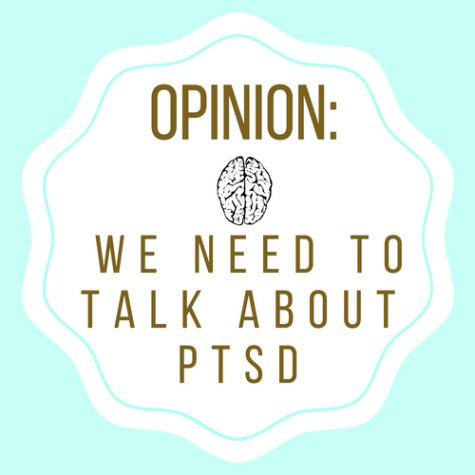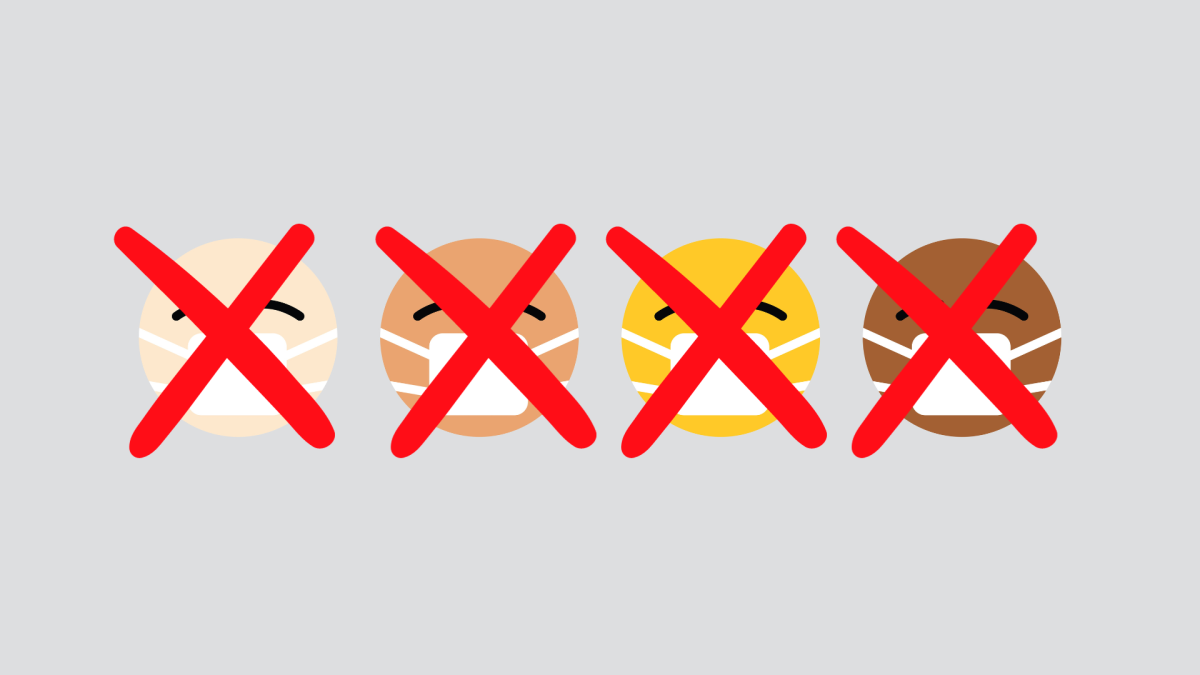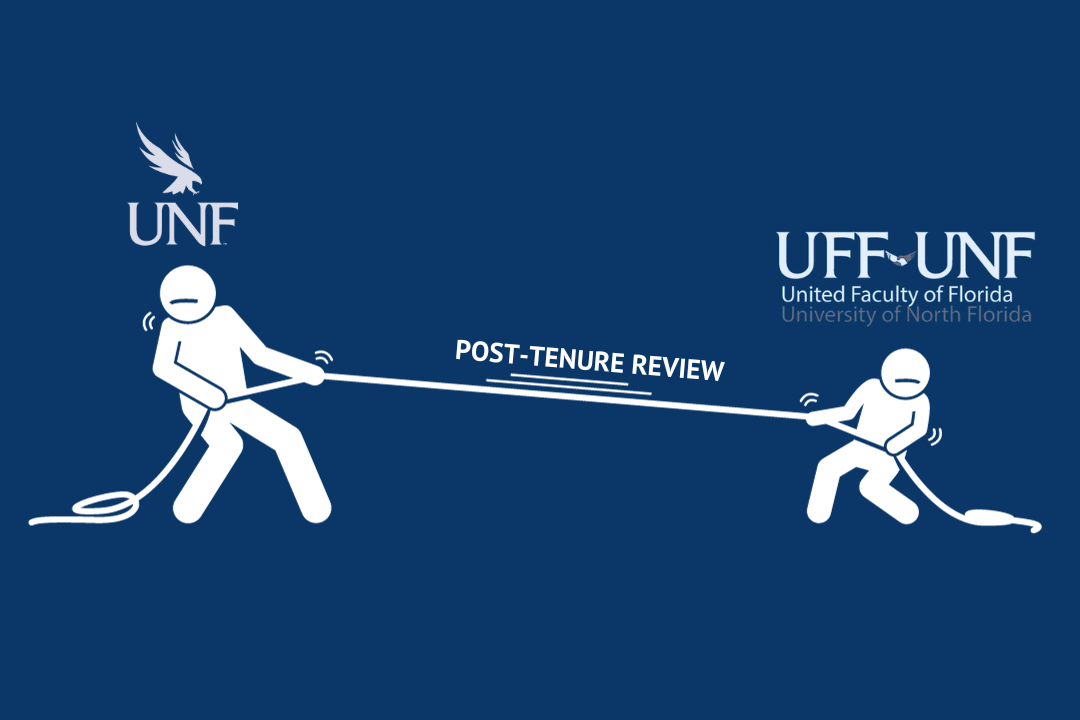
This month is Post-Traumatic Stress Disorder Awareness Month, and PTSD Awareness Day is Wednesday, June 27. With these dates in mind, it’s the right time to discuss the reality of PTSD and the importance of spreading awareness.
To understand what PTSD is, we must first define its cause. Trauma is generally caused by an unforgettable and terrifying event or series of events that may even have neared death. It can also be caused by serious injury. Such trauma, in some cases, triggers a reaction of distress due to related psychological responses. Generally, people will experience Acute Stress Disorder (ASD) for a month following the traumatic experience. However, if those reactions last longer than a month, it is classified as PTSD. It’s important to note that PTSD can occur years after the trauma as well.
That being said, PTSD may be a short-term affliction or a person may struggle to overcome it for the rest of their life. This mental condition can also be physical, according to new research, with an enlargement of the right amygdala activated by negative emotions, such as fear.
There are reportedly three types of PTSD symptoms: hyperarousal, reexperiencing and avoidant or numbing symptoms. The list varies and includes anxiety, irritable outbursts, being on edge, being jumpy, recurrent flashbacks, pathological avoidance, daytime recollections, nightmares and hypervigilance.
This begs the question— is PTSD treatable? Yes, though it may vary on an individual basis. There are drug treatments as well as behavioral therapies, Eye Movement Desensitization and Reprocessing (EMDR) therapy and more.
In the U.S., PTSD is closely intertwined with the military. It makes sense, seeing as it is perhaps the most visible or talked about group of PTSD patients in American society. Everyone can understand that people in the military are prone to suffer from PTSD based on their experience with war, which is always traumatic. According to the National Department for Veterans Affairs, 11 to 20 percent of war veterans who fought in Operation Iraqi Freedom and Operation Enduring Freedom may battle PTSD in a given year.
However, there are other affected groups to consider. Let’s remember that PTSD is a mental health condition that affects people regardless of age, gender, social class, occupation or race. In other words, there’s no particular trauma that is more grave than another, and each individual experience with the condition will be different.
Individuals may be diagnosed with PTSD who’ve experienced natural disasters, childhood challenges, sexual assault, abuse, gun violence and more.
Some social constructs will aggravate the situation for some more than others because of social prejudice or lack of support, but anyone can go through PTSD. 8 percent of Americans have PTSD, according to PTSD United, and statistics show women are affected more than men. Additionally, African Americans experience it through long-term trauma in their communities (such as police brutality and shootings) and/or discrimination.
Currently, there are widespread concerns that the children separated from their families at the southern border will suffer PTSD for a long time.
People with PTSD are often dehumanized as being damaged goods or seen as violent and unstable people. However, this is an erroneous projected image that needs to go away. PTSD is not “all in their head,” but it is a serious mental and physical condition that has negative effects on the mind and body. Moreover, it can ultimately lead to suicide if help is not sought.
For this reason, it is time for some self-reflection to become more sensitized and, eventually, more helpful.
At UNF, the Counseling Center is always here to help in Bldg. 2, room 2300. There’s also the Women’s Center in Bldg. 2 room 2100.
You can always make a call to the Victim Advocacy Program at 904-620-1010.
The Suicide Prevention Lifeline is one phone call away (1-800-273-8255) which also includes the Veteran Crisis Line (press 1).
If you or anyone you know suffers from PTSD, there are people who truly care about your situation and want to help you move forward. Please reach out for the possibility of a better state of being.
—
For more information or news tips, or if you see an error in this story or have any compliments or concerns, contact editor@unfspinnaker.com.















